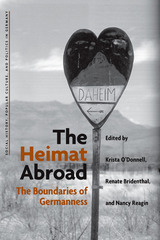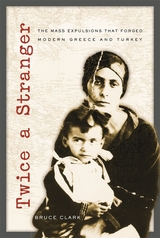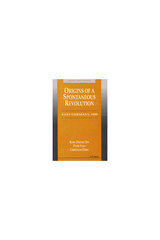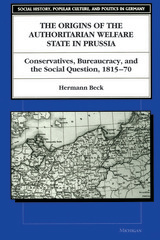
Of all the horrors of the last century—perhaps the bloodiest century of the past millennium—ethnic cleansing ranks among the worst. The term burst forth in public discourse in the spring of 1992 as a way to describe Serbian attacks on the Muslims of Bosnia-Herzegovina, but as this landmark book attests, ethnic cleansing is neither new nor likely to cease in our time.
Norman Naimark, distinguished historian of Europe and Russia, provides an insightful history of ethnic cleansing and its relationship to genocide and population transfer. Focusing on five specific cases, he exposes the myths about ethnic cleansing, in particular the commonly held belief that the practice stems from ancient hatreds. Naimark shows that this face of genocide had its roots in the European nationalism of the late nineteenth century but found its most virulent expression in the twentieth century as modern states and societies began to organize themselves by ethnic criteria. The most obvious example, and one of Naimark’s cases, is the Nazi attack on the Jews that culminated in the Holocaust. Naimark also discusses the Armenian genocide of 1915 and the expulsion of Greeks from Anatolia during the Greco–Turkish War of 1921–22; the Soviet forced deportation of the Chechens-Ingush and the Crimean Tatars in 1944; the Polish and Czechoslovak expulsion of the Germans in 1944–47; and Bosnia and Kosovo.
In this harrowing history, Naimark reveals how over and over, as racism and religious hatreds picked up an ethnic name tag, war provided a cover for violence and mayhem, an evil tapestry behind which nations acted with impunity.

Germans have been one of the most mobile and dispersed populations on earth. Communities of German speakers, scattered around the globe, have long believed they could recreate their Heimat (homeland) wherever they moved, and that their enclaves could remain truly German. Furthermore, the history of Germany is inextricably tied to Germans outside the homeland who formed new communities that often retained their Germanness. Emigrants, including political, economic, and religious exiles such as Jewish Germans, fostered a nostalgia for home, which, along with longstanding mutual ties of family, trade, and culture, bound them to Germany.
The Heimat Abroad is the first book to examine the problem of Germany's long and complex relationship to ethnic Germans outside its national borders. Beyond defining who is German and what makes them so, the book reconceives German identity and history in global terms and challenges the nation state and its borders as the sole basis of German nationalism.
Krista O'Donnell is Associate Professor of History, William Paterson University.
Nancy Reagin is Professor of History, Pace University.
Renete Bridenthal is Emerita Professor of History, Brooklyn College of the City University of New York.

In the dismantling of the Ottoman Empire following World War I, nearly two million citizens in Turkey and Greece were expelled from homelands. The Lausanne treaty resulted in the deportation of Orthodox Christians from Turkey to Greece and of Muslims from Greece to Turkey. The transfer was hailed as a solution to the problem of minorities who could not coexist. Both governments saw the exchange as a chance to create societies of a single culture. The opinions and feelings of those uprooted from their native soil were never solicited.
In an evocative book, Bruce Clark draws on new archival research in Turkey and Greece as well as interviews with surviving participants to examine this unprecedented exercise in ethnic engineering. He examines how the exchange was negotiated and how people on both sides came to terms with new lands and identities.
Politically, the population exchange achieved its planners' goals, but the enormous human suffering left shattered legacies. It colored relations between Turkey and Greece, and has been invoked as a solution by advocates of ethnic separation from the Balkans to South Asia to the Middle East. This thoughtful book is a timely reminder of the effects of grand policy on ordinary people and of the difficulties for modern nations in contested regions where people still identify strongly with their ethnic or religious community.
READERS
Browse our collection.
PUBLISHERS
See BiblioVault's publisher services.
STUDENT SERVICES
Files for college accessibility offices.
UChicago Accessibility Resources
home | accessibility | search | about | contact us
BiblioVault ® 2001 - 2025
The University of Chicago Press









